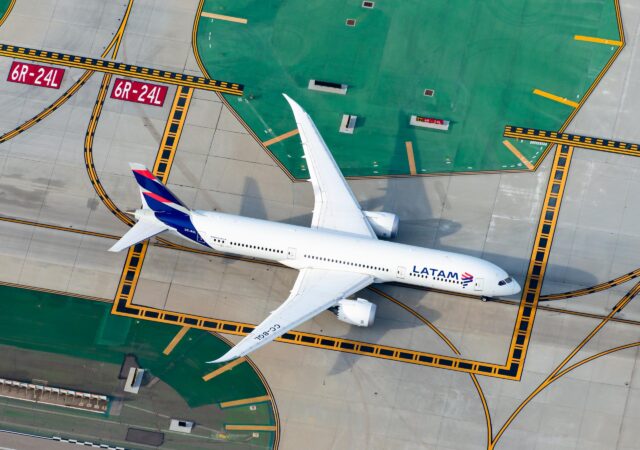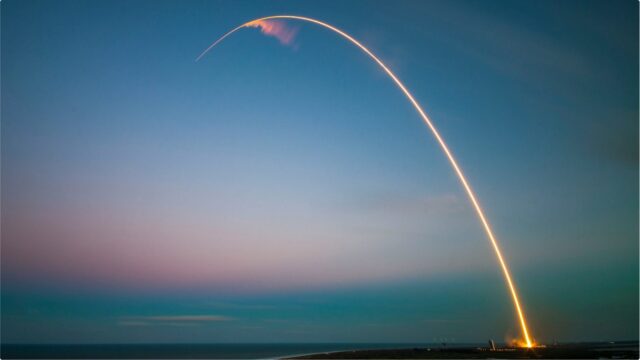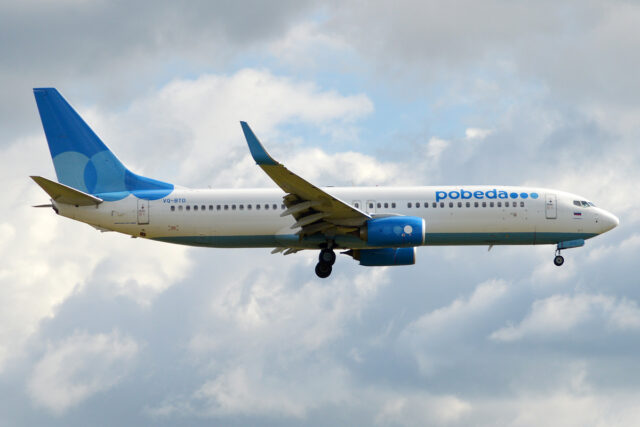Universal Hydrogen folds following lack of funding
Universal Hydrogen, developer of a liquid-hydrogen powered retrofit system for regional aircraft, has “proved unable to secure additional funding to move forward”; despite raising over $100 million to date.
In…
July 1, 2024

Universal Hydrogen, developer of a liquid-hydrogen powered retrofit system for regional aircraft, has “proved unable to secure additional funding to move forward”; despite raising over $100 million to date.
In a statement, chief commercial officer and co-founder Jon Gordon said: “Perhaps we were just too early. Perhaps we couldn’t convince the world that hydrogen, and not just SAF, are necessary for the future of aviation. Time will tell”.
Despite being named in March as one of the most innovative companies of 2024 by Fast Company, the California-based pioneer is passing the baton to ZeroAvia and Airbus “to bring hydrogen aviation to fruition,” with Gordon concluding: “You can bet I am cheering them on. Our future may depend on it”.
Founded in 2020, Universal Hydrogen was “built around a pragmatic, near-term approach to making hydrogen commercial flight a reality,” with its first offering a conversion kit for the ATR and the De Havilland Canada Dash-8. Consisting of a fuel cell electric powertrain and the company’s proprietary modular capsules, Universal Hydrogen was initially targeting certification and entry into regional passenger service by 2025.
The project’s airborne test campaign (employing a modified 40-seat ATR 72 named ‘Lightning McClean’) was conducted with one of the aircraft’s two turboprop engines substituted for Universal Hydrogen’s fuel cell powertrain. It remains the largest aircraft powered in part by hydrogen.
In February 2024, the company successfully ran a megawatt-class fuel cell powertrain using its liquid hydrogen module to supply the fuel, with the test performed on its ‘iron bird’ ground test rig. This test marked the largest fuel cell powertrain ever to run on liquid hydrogen, with two such modules sufficient for 500 miles of usable range (on top of reserves) for an ATR72 regional airliner.
Universal Hydrogen’s efforts to date having been “nothing short of heroic,” added Gordon, pointing to the 13 successful flights having “demonstrated the feasibility of hydrogen aviation at a commercially significant scale”. Alongside obtaining Phase 1 certification from the FAA, Universal Hydrogen also garnered interest from 17 airlines across 12 counties; the most recent being an agreement signed with Japan Airlines in November 2023.
















